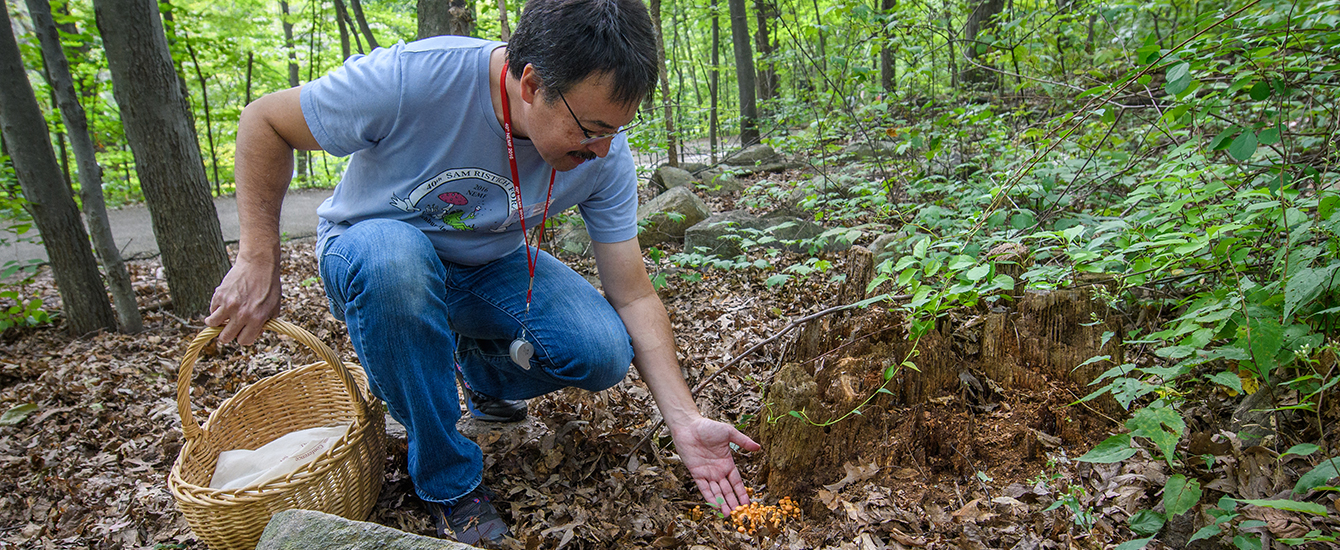Biology
Document Type
Article
Abstract
Urbanisation and agricultural expansion are two of the most prevalent and intense forms of land use change worldwide and can have dramatic consequences on biodiversity and biotic community structure. Ants are extremely widespread, ecologically diverse and small ectotherms that are sensitive to changes from a wide range of environmental factors. Therefore, ants make an ideal study organism to examine the effects of anthropogenic land use change on biotic communities. In this study, we examined differences in ant species richness and community composition between urban parks, farms and forest fragments, and related these differences to environmental factors that vary among each of these three habitat types. We sampled 46 sites across Worcester County and found farms have significantly lower ant species richness than parks, and all habitat types had different ant community compositions. We also identified higher plant species richness is associated with higher ant species richness, and both plant species richness and air temperature are associated with differences in community composition. Our findings support that habitats affected by human land use will host different assemblages of ant species compared to those found in nearby natural habitats, as seen in our New England forest fragments. © 2023 The Authors. Insect Conservation and Diversity published by John Wiley & Sons Ltd on behalf of Royal Entomological Society.
Publication Title
Insect Conservation and Diversity
Publication Date
4-2024
Volume
17
Issue
2
First Page
189
Last Page
195
ISSN
1752-458X
DOI
10.1111/icad.12696
Keywords
agroecosystems, ant communities, ant–plant interactions, forest fragments, species richness
Repository Citation
Curry, Amelia K.L.; Nelsen, Joseph A.; Stevens, Dale R.; and Mathis, Kaitlyn A., "The effects of land use change on ant communities in New England" (2024). Biology. 11.
https://commons.clarku.edu/faculty_biology/11
Worcester
Yes
Creative Commons License

This work is licensed under a Creative Commons Attribution-NonCommercial 4.0 International License


